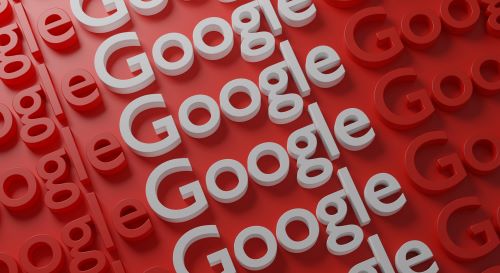Google’s search results have two main categories:
- Paid search results
- Organic search results
What does that mean? Well, depending on whether you have ads blocked on your browser or not, paid search results appear above organic results. The paid results will have ‘Ad’ next to them. Search Engine Marketing (SEM) which is paid to appear at the top of the results page.
Organic searches appear below paid ads and Google’s algorithm determines what content is most relevant for the query. Content that is optimised well for search engines will appear higher. This is free Search Engine Optimisation (SEO).
To complicate it further, SEM is a general term that includes SEO along with other search engine marketing strategies such as:
- PPC
- Local SEO
- Shopping/Product advertising
- Display advertising
- Remarketing
Keep it simple by referring to these two main categories:
- SEM – combines all marketing efforts within the search engines results page
- SEO – organic strategies to appear in search results
There’s some key FAQs to know about SEO and SEM to help with your online marketing:
- What is SEM and what are its advantages/disadvantages?
- What is SEO and what are its advantages/disadvantages?
- Which is better for my business?
What is SEM?
The goal of SEM is to increase your website’s visibility in search engines like Google and to drive more traffic to your website.
SEM drives traffic through paid mechanisms. Paid advertising involves buying space at the top of search engine results. Instead of trying to rank for a top position organically through SEO, you pay for your business to appear in front. Every time a person clicks on that ad the business is charged money. Other companies are competing to rank for PPC ads so the more you’re willing to pay, the higher Google will rank your ad.
Advantages of SEM
Implementing a good SEM strategy means you can grow your small business both through organic search results and paid advertising. According to IBIS, almost 60% of consumers use search engines to find a local business.
SEM can generate both traffic to your website and brand awareness. More people are likely to visit your website when it appears higher in search engine results, which will make consumers see you as a trusted provider.
Disadvantages of SEM
Tackling SEM by yourself is a big task as it involves writing content, optimising your website, managing PPC(pay-per-click ads) and many other things. Small businesses might not have the time or resources to manage SEM and instead choose to hire someone else to do it for them.
What is SEO?
An SEO strategy involves tactics that will help a business rank organically. Keep reading for three tactics to boost your SEO:
- On-page SEO: Each page of a website targets keywords that the business wants to rank for. This includes doing keyword research, writing content and keyword optimisation. On-page SEO helps search engines crawl the pages on your website, so they understand what the content is to give it a higher ranking.
- Technical SEO: Optimising the website for both visitors and search engine crawlers to get higher search rankings. This involves improving website speed, mobile and tablet friendliness, indexing, crawlability, site map, structured data and security.
- Off-page SEO: Building your business’s website reputation by getting links from other high authority websites. This involves obtaining local listings, building backlinks on other sites and managing directory profiles. Your website appears more trustworthy when other websites link to it, leading to a better search result ranking.
Advantages of SEO
The main advantage of SEO is that once your content and high authority links are established, you can have long-lasting results depending on how competitive your industry is. Some people hate advertising, so appearing organically can yield better results. There are many niche content gaps in your industry that you can fill for keywords to ensure that your website ranks well.
Disadvantages of SEO
It can take time to see the results of SEO. If a business and website are already well-established and fairly optimised, results might happen faster. SEO campaigns run for a minimum of six to 12 months.
SEO or SEM: Which is better for my business?
Both SEO and SEM can benefit your business and if you’re able to incorporate a variety of marketing tactics, the more likely you are to reach a wider audience.
You should create a digital marketing strategy that incorporates both SEO and SEM. Sometimes it might make more sense to focus on SEO and other times on paid advertising.
If there is a keyword that’s hard to rank for in your industry, it might be a good idea to use paid ads. That doesn’t mean you should abandon SEO to rank for that keyword, it’ll just involve more work and take longer for you to start ranking organically.
“The opinions expressed by BizWitty Contributors are their own, not those of BizCover and should not be relied upon in place of appropriate professional advice. Please read our full disclaimer."







